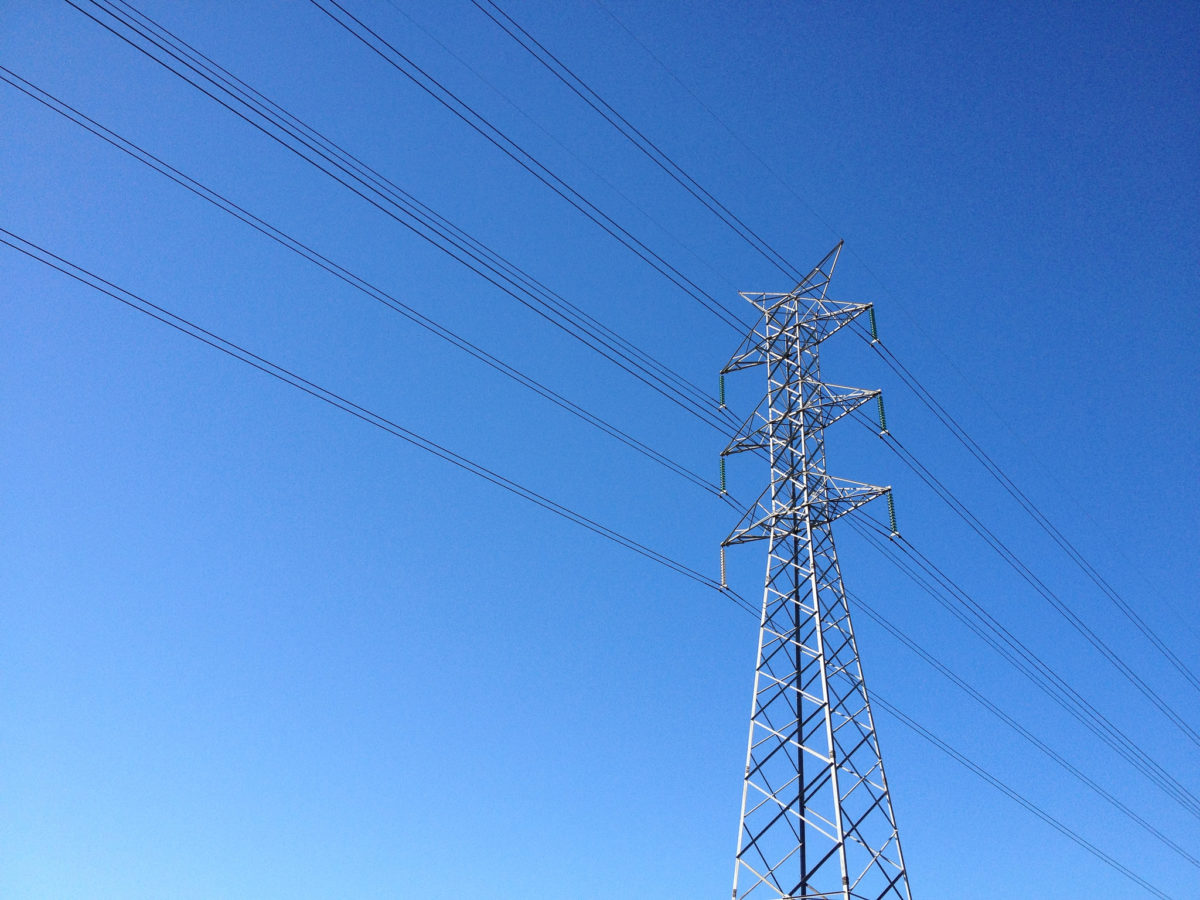The Democratic chairperson of the state House committee that vets environmental policy gutted his own bill on Monday, legislation that was designed to help the state get a regulatory grip on the energy-hungry cryptocurrency mining industry.
Rep. Greg Vitali (D-Delaware) had previously called off a June 27 vote on his crypto mining bill and an unrelated piece of environmental legislation in the House Environmental Resources and Energy Committee. He cited pressure from leaders in his own party not to run the bill.
Vitali’s bill would have placed a two-year moratorium on new power sources to directly power crypto mining facilities and allow the state to gather data on such operations. Environmental advocates say the industry, drawn to Pennsylvania by cheap energy and tax incentives, presents a threat to the state’s climate goals.
On Monday, the committee passed an amendment that Vitali introduced to strip the moratorium language from the bill.
Vitali told the Capital-Star that he saw the need to take a different approach to advancing environmental legislation, given the Democratic Caucus’ slim, one-vote majority in the House.
“I think I learned the hard way in my first six months as majority chair that there’s not a high tolerance for strong environmental policy … even in my own caucus,” Vitali said.
Vitali blamed the reluctance to vote in support of sweeping environmental legislation on what he called “chronic opposition” to good environmental policy among building trade labor unions.
“Frankly, labor has the ear of House Democrats, and they have the ability to peel off members who would otherwise be supportive of good environmental policy,” Vitali said, noting that a vote against the will of the unions could put lawmakers in swing districts and the Democratic majority at risk.
House Speaker Joanna McClinton’s spokesperson did not immediately respond to a request for comment on Vitali’s criticisms.
Rather than advancing a bill that would never see a vote on the House floor, Vitali said he chose to strip it of the provision for the moratorium.
The bill, containing only provisions requiring crypto mining companies to report their activities and directing the DEP to do a study on the industry, passed with a party-line vote.
Cryptocurrency mining uses thousands of dedicated computers to solve complex cryptographic puzzles to create new spaces in an online public ledger known as blockchain.
The owners of computers that solve a problem and unlock a new block in the chain receive a reward in the form of cryptocurrency, such as Bitcoin.
Speculative markets have driven the value of some cryptocurrencies into the tens of thousands of dollars. One Bitcoin, for example, is worth about $28,000 as of 4:30 p.m. on Monday.
But the industry also uses massive amounts of electricity to power the computers. A 2022 White House fact sheet put the demand at 1.7% of all electricity used in the United States.
The lucrative nature of the industry and the demand for power means that crypto mining has been drawn to Pennsylvania by the availability of cheap energy sources, tax incentives and otherwise idle power plants, Rob Altenberg, senior director of energy and climate at PennFuture, said.
Stronghold Digital Mining Inc., for example, purchased idle coal-burning power plants in Venango and Carbon counties to power crypto mining operations. Stronghold told investors in a Securities and Exchange Commission filing that 60% of its energy costs would be subsidized by the state because it burns waste, the environmental public interest law firm EarthJustice noted.
In June, Stronghold applied for permission to burn shredded tires along with waste coal at the Panther Creek power plant in Carbon County, EarthJustice reported.
Vitali said the DEP has even discovered crypto mining operations that are not connected to the electrical grid, such as one in Elk County, where an oil and gas company was burning natural gas in turbines to generate electricity to power computers.
Altenberg said labor opposition to legislation that regulates crypto mining is somewhat puzzling because the industry is not a major driver of employment in the state. A crypto mining facility might employ a dozen people, he said.
Some lawmakers may not want to vote on anything that is perceived as anti-industry, and labor interests have also pushed back against legislation that would hasten the end of coal power, Altenberg said.
“It’s possible that there are votes there that just aren’t going to go against the petrochemical industry and fossil fuels in general,” Altenberg said.
The Democrats’ narrow majority in the House and Republican control of the Senate make it difficult to get any legislation to Gov. Josh Shapiro’s desk, he added.
“If you have to take a hard vote on something and upset a faction of your base and not be able to deliver a rule anyway, I think it becomes a lot more challenging,” Altenberg said.
The other piece of legislation Vitali pulled from the June 27 Environmental Resources and Energy Committee agenda on oil and gas drilling setbacks from homes, schools and hospitals will be the subject of a hearing Oct. 30, he said during Monday’s meeting.
Pennsylvania Capital-Star is part of States Newsroom, a network of news bureaus supported by grants and a coalition of donors as a 501c(3) public charity. Pennsylvania Capital-Star maintains editorial independence. Contact Editor Kim Lyons for questions: info@penncapital-star.com. Follow Pennsylvania Capital-Star on Facebook and Twitter.







